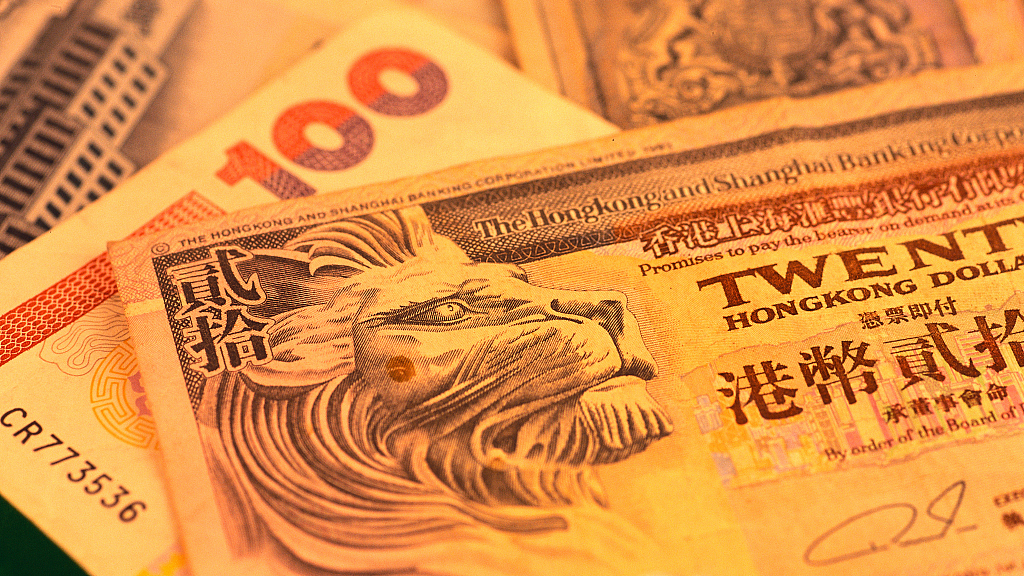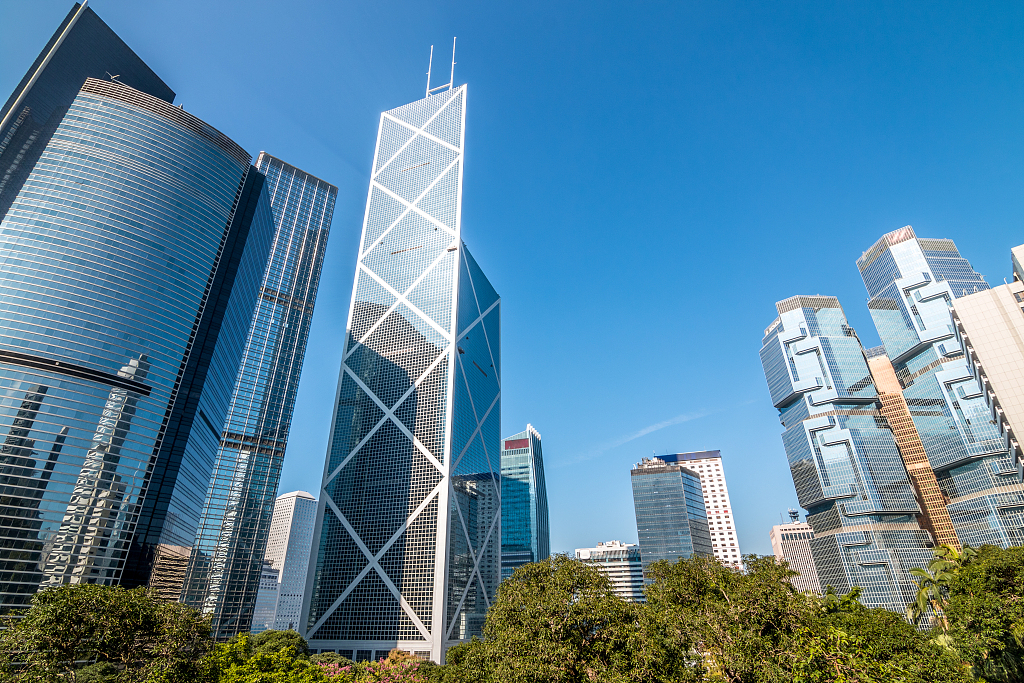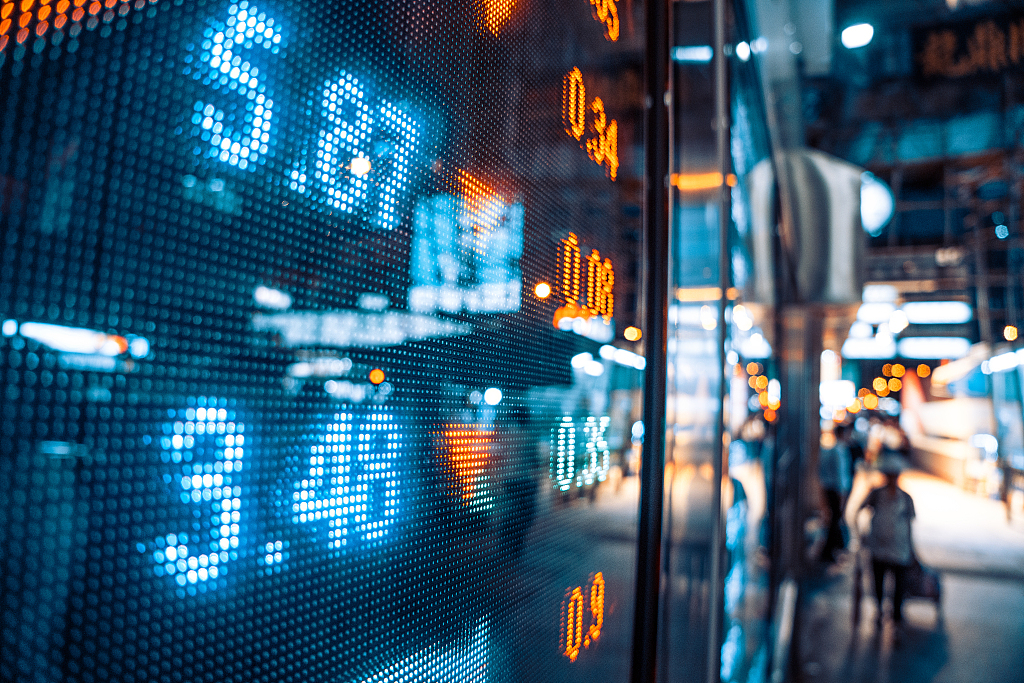
An economic downturn has been seen in the Hong Kong Special Administrative Region (HKSAR) since protests began in June. Cash up to 300 billion HK dollars will be released into the financial system, by reducing the city's Countercyclical Capital Buffer (CCyB) ratio to two percent from the previous 2.5 percent, to offset the side effects of the months-long unrest and bolster the economy, said Hong Kong Monetary Authority (HKMA) on Monday.
"Economic indicators and other relevant evidence have signaled that the economic environment in Hong Kong has deteriorated significantly since June 2019," said Eddie Yue, Chief Executive of the HKMA, "Lowering the Countercyclical Capital Buffer at this juncture will allow banks to be more supportive to the domestic economy and help mitigate the economic cycle."
Yue said the HKMA is very concerned about the situation where the financial burden on corporates, especially small and medium-sized enterprises (SMEs), is increasing. "We think that, while ensuring banking stability, there is a need as well as room for us to take certain measures to support SMEs financing."

Quantitative easing necessary
The local economy is on track towards a technical recession in the fiscal third-quarter ending in December, as four months of street protests had driven away visitors, crimped retail sales, and caused property prices to slide.
The cut will release some amount between 200 to 300 billion HK dollars (about 38 billion U.S. dollars) into Hong Kong's economy. It is hoped that banks will make good use of the newly-released headroom to support SMEs, Yue said on the blog of HKMA's official website.

According to the blog, the CCyB, introduced in line with international standards in 2016, aims at ensuring that banks will prepare for a rainy day and build up their additional capital buffer when the economy is good. This buffer can be deployed in times of a downturn, enabling banks to continue providing credit to support the real economy.
The move comes as the city's financial system had been buffeted by a combination of the year-long China-U.S. trade war, and the unprecedented mayhem and violence in the city's street protests. The Hong Kong dollar, which had been pegged to the U.S. dollar for 36 years, has also withstood speculative short-sellers who are gunning for it to weaken.
"The HKMA's decision to relax the capital requirement is a very much-needed measure at the current economic situation," South China Morning Post cited Chan Tze-ching, senior adviser of Bank of East Asia, adding that the move is akin to HKSAR's version of quantitative easing.
"This measure will allow banks to reduce the capital [locked up], and they can lend more money to support the real economy."